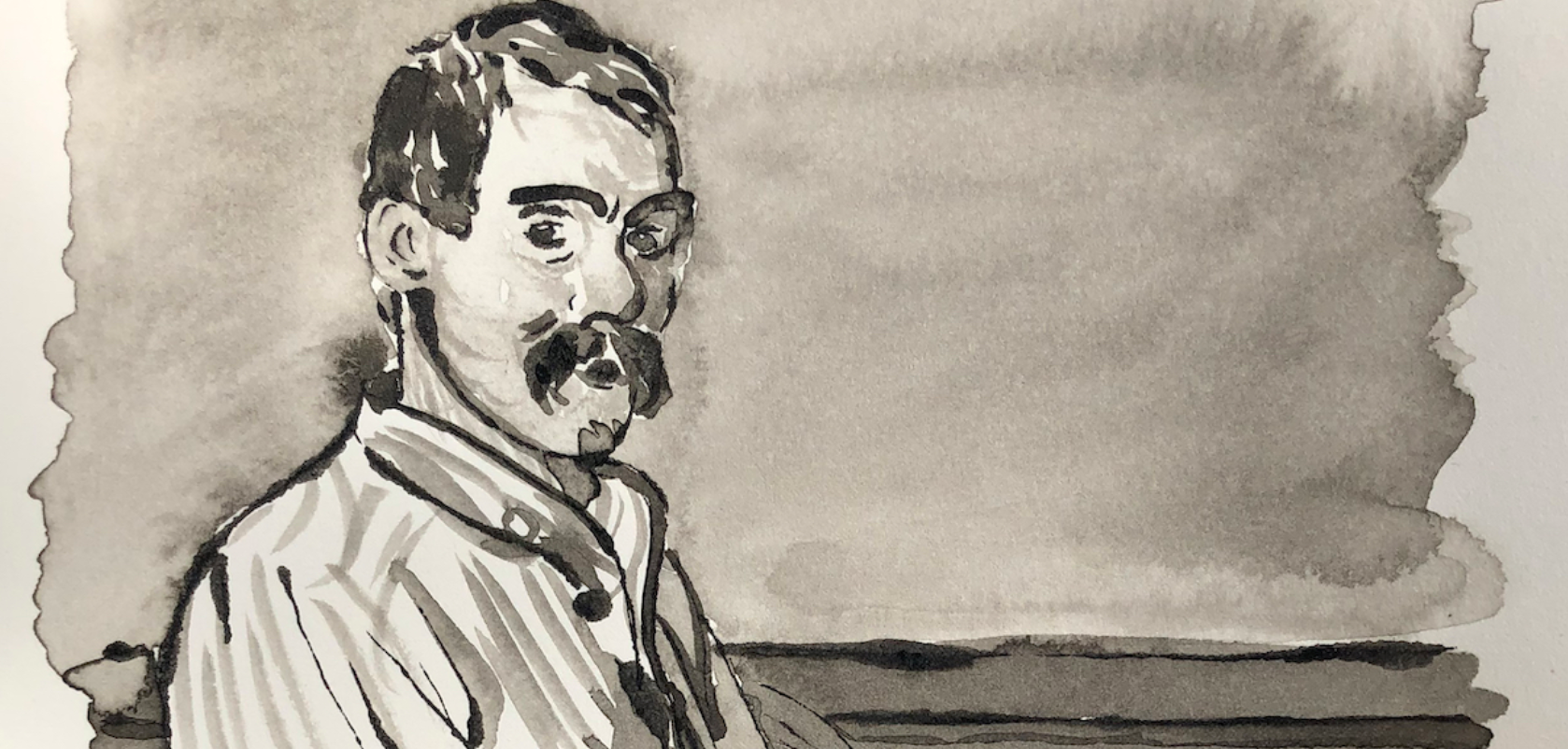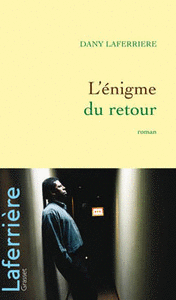Classicist in Disguise: First Response


Erin L. Thompson's essay, A Classist in Disguise - her own journey away from where she was from, her friendship with an author trying to reinvent himself - resonated with me in a way that was unexpected and opened the portal to a retelling of my own literary friendship and disguises. The dedication for the comeback book from one of my favorite authors, Dany Laferrière, reads: "A tous ceux qui voudraient être quelqu'un d'autre/For everyone who would like to be someone else." The title of the book? Je suis un écrivain japonais/I am a Japanese Writer. The author himself, however, was born and raised in Haiti, and then fled to Canada when his work as a journalist made him a target of the dictator who was then in power, Bébé Doc. Laferrière came to Montreal and wrote himself into existence, so to speak, becoming a literary and cultural sensation in Quebec. His novels are all quasi-autobiographical, telling a transparently mediated version of his life. At one point, he quit writing, instead choosing to re-write some of his previous books, much to the frustration of literary critics trying to say anything meaningful about his work.
Which, he clearly stated when he quit writing, was the entire point.
I discovered Dany Laferrière while I was in the process of becoming somebody else, someone in a different language, but instead of changing countries or continents or religions, I drove a short hour and a half south-east from where I grew up to attend a French university. I grew up in Quebec, in the Anglo suburbs on the western side of the Island of Montreal. Ours was a relatively sheltered upbringing despite the political chaos swirling around us. But I was looking to escape, to reinvent myself, to put to good use the years of French immersion I had done. So I left, taking a short drive and moved into a new language, a new world.

(For an analysis of these covers and how sex and race is reflected in this artwork to rewrite the author, read this).
My first year there, one of my friends who also grew up around the Anglophone community teased me about how Anglo I looked: Birks and socks, cargo shorts, oversized men's sweatshirt. Preppy, at least for the mid-1990s. My second or third year I came home and my mom exclaimed when she saw me, "You look so French!": dyed red hair cut short, dark-framed glasses, dressed in dark colours. Franco-alternative, I guess.
I worked to erase my accent and speak a passable Québécois French where instead of people asking me if I was from Ontario, they would ask what part of Quebec I was from, not quite able to pin-point the exact geography of the cadence of my accent. I studied Québécois literature, dated Québécois boys, watched Québécois TV, watched American movies overdubbed in French in the theatres as well as home-grown Québécois films. I became almost unrecognizable to my friends back home who had stayed behind and took a more traditional path, attending McGill or Concordia, recoiling as I tried to greet them with a two-cheek kiss, something I had picked up at school. But I was also always going to be "L'anglaise" at school, too, so neither world felt like home to me.
I read Dany Laferrière describe Montreal and Quebec culture as a foreigner, and those descriptions felt more familiar to me than the ones I read in more traditional Québécois literature. I was an outsider, too, and his version of Montreal, of Quebec, was more similar to my version. He quit writing for a time because he was tired of people trying to limit his writing and identity to, at best, "ethnic" and at worst, "exotic." Growing up under a dictatorship, where your words were so closely scrutinized, where your life was not your own, not really, the most radical thing he could do was to take full control over his life through his narrative, and exert that control to the fullest extent by ending the narrative. Thankfully for us, his readers, the story wasn't finished.
I ran away from it, too.

I moved west to Alberta, then south to California, back east to Florida, a little more north to Kentucky, ending up here, now, in Virginia. A year ago, after living in the States for 15 years, we became US citizens. I am on my second career, after too long being a part of the new faculty majority of adjunct and contingent labor. But the stories, the stories still want to be told anew. I tried to erase them by running from them, but they kept coming back. I couldn't erase who I was, but instead had to come up with a way to incorporate it into myself.
I am an American writer now, I guess, but also a Canadian writer, and a Québécois writer, and a Montreal writer. To be just one of those things is not a disguise but only a narrow sliver of who I am. Those parts of me I tried to erase are crying, now, to be seen. The stories they one whispered are now loudly asserting themselves.
The whole picture is much more complicated, they said. To be seen, they are saying, is to be all of yourself. Those disguises were never really disguises, but attempts to wrest control of the narrative. The easier thing to do was to just tell it.

Cover Image British Library digitised image from page 181 of "Montreal after 250 years" British Library
Masthead Image Portrait of Richard Burton (Erin L. Thompson)
